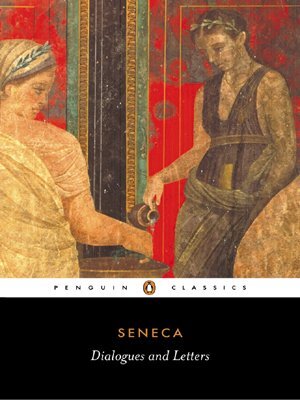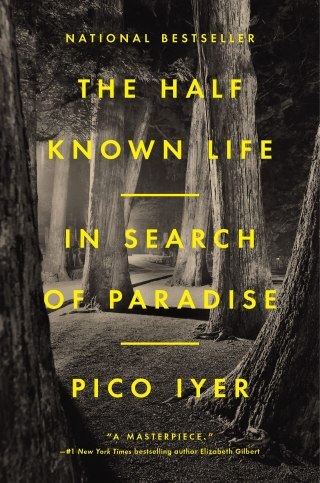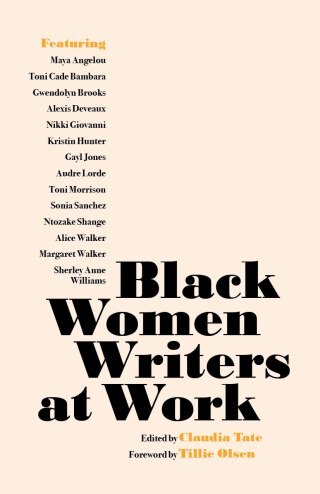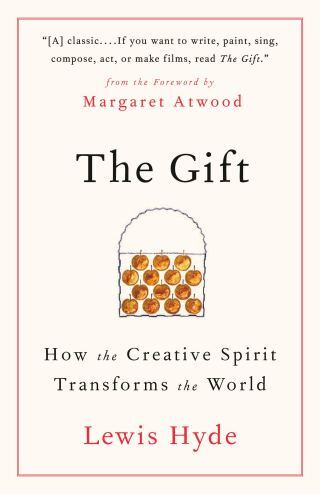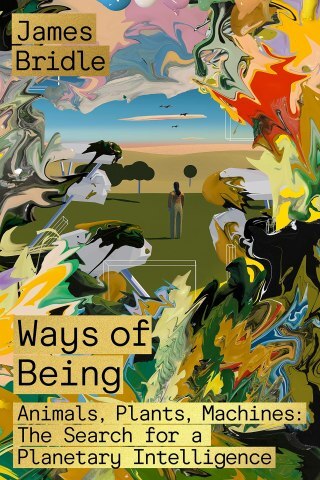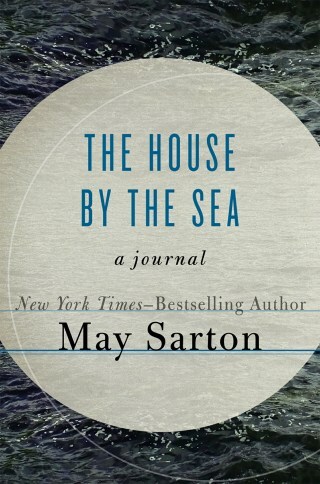Maria Popova's Blog, page 48
February 6, 2023
Seneca on Science, Nature, and the Key to a Fulfilled Human Destiny
Until the word scientist was coined for the polymathic mathematician Mary Somerville, the term for those who devoted their lives to the contemplation and investigation of the wonder of reality was natural philosopher — the study of nature fell within the domain of philosophy and was indivisible from the humanistic concerns of morality.
Two millennia ago, when the universe revo...
February 4, 2023
In Search of the Sacred: Pico Iyer on Our Models of Paradise
“The mind is its own place, and in it self can make a Heav’n of Hell, a Hell of Heav’n,” Milton wrote in his immortal Paradise Lost. With these human minds, arising from these material bodies, we keep trying to find heaven — to make heaven — in our myths and our mundanities, right here in the place where we are: in this beautiful and troubled world. We give it different names — eden, paradise, nirvana, poetry — but it springs from...
The Unphotographabe: Walt Whitman on Birds Migrating at Midnight
February 2, 2023
The Ants, the Bees, and the Blind Spots of the Human Mind: How Entomologist Charles Henry Turner Revolutionized Our Understanding of the Evolution of Intelligence and Emotion
The son of a nurse and a church janitor, entomologist Charles Henry Turner (February 3, 1867–February 14, 1923) died with a personal library of a thousand books, having published more than fifty scientific papers, having named his youngest son Darwin, and having revolutionized our understanding of the most abundant non-human animals on Earth by pioneering a psychological approach to inse...
January 31, 2023
The Remarkable Story of the Dawn Redwood: How a Living Fossil Brought Humanity Together in the Middle of a World War
Sixty million years ago, when tropical climes covered the Arctic, a small redwood species developed an unusual adaptation that shaped its destiny: Despite being a conifer — needle-leaved trees that are usually evergreen — it became deciduous, losing all of its needles during the months-long lightless winter to conserve energy, then growing vigorously in the bright summer months — the fastest-gr...
January 30, 2023
The Two Objects of the Good Life: Mary Shelley’s Father on the Relationship Between Personal Happiness, Imagination, and Social Harmony
“The good life is one inspired by love and guided by knowledge,” the philosopher Bertrand Russell wrote as he reflected on how to stop limiting your happiness. “Neither love without knowledge, nor knowledge without love can produce a good life.”
A century and a half before him, t...
January 29, 2023
Audre Lorde on What to Do When Difference Ruptures Society
“If you don’t understand yourself you don’t understand anybody else,” the young poet Nikki Giovanni told the elder James Baldwin in their historic intergenerational conversation. Perhaps it is because we are such strangers to ourselves — so opaque in our own motives and vulnerabilities, so haunted by confusion and self-contradiction — that we so bruisingly misunderstand and mistreat others, so readily seize on their ot...
January 27, 2023
The Vital Difference Between Work and Labor: Lewis Hyde on Sustaining the Creative Spirit
It is a gladness to be able to call one’s daily work a labor of love, and to have that labor put food on the table the way any work does, dishwashing or dentistry. And yet such labors of diligence and devotion — the kind William Blake called “eternal work” — are somehow different, different and more vulnerable, for they enter the world in a singular spirit and are recompensed in a s...
January 26, 2023
Ways of Being: Rethinking Intelligence
“Intelligence supposes good will,” Simone de Beauvoir wrote. “Sensitivity is nothing else but the presence which is attentive to the world and to itself.” Yet our efforts to define and measure intelligence have been pocked with insensitivity to nuance, to diversity, to the myriad possible ways of paying attention to the world. Within the human realm, there is the dark cultural history of IQ. Beyond the human realm, there is t...
January 25, 2023
What the Heart Keeps When the Mind Goes: May Sarton on Loving a Loved One Through Dementia
One of the hardest things in life is watching a loved one’s mind slowly syphoned by cognitive illness — that haunting ambiguous loss of the familiar body remaining, but the person slowly fading into otherness, their very consciousness frayed and reconstituted into that of a stranger.
How to go on loving this growing stranger is the supreme challenge of accompanying a precious human being through the most disorienti...

